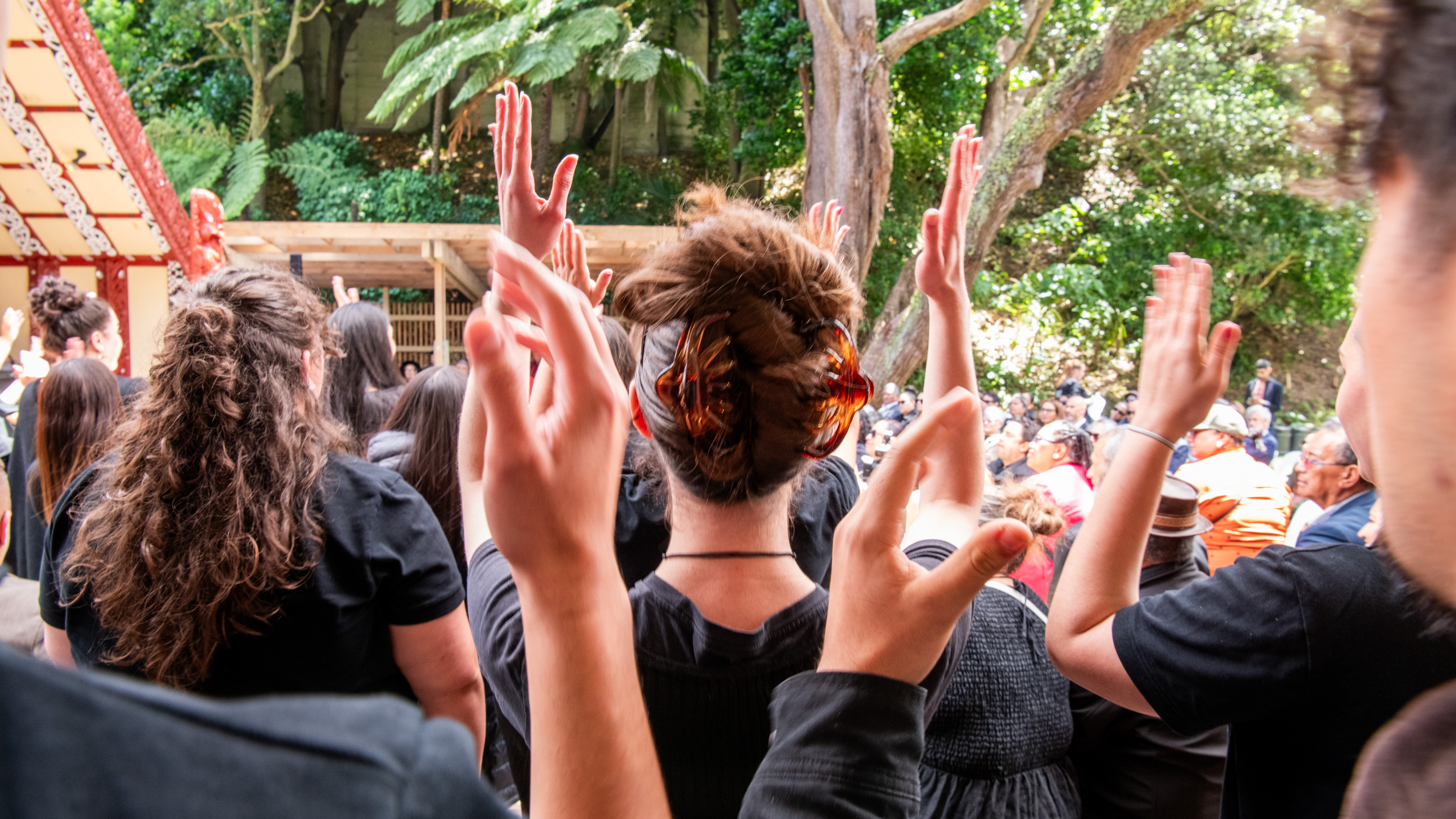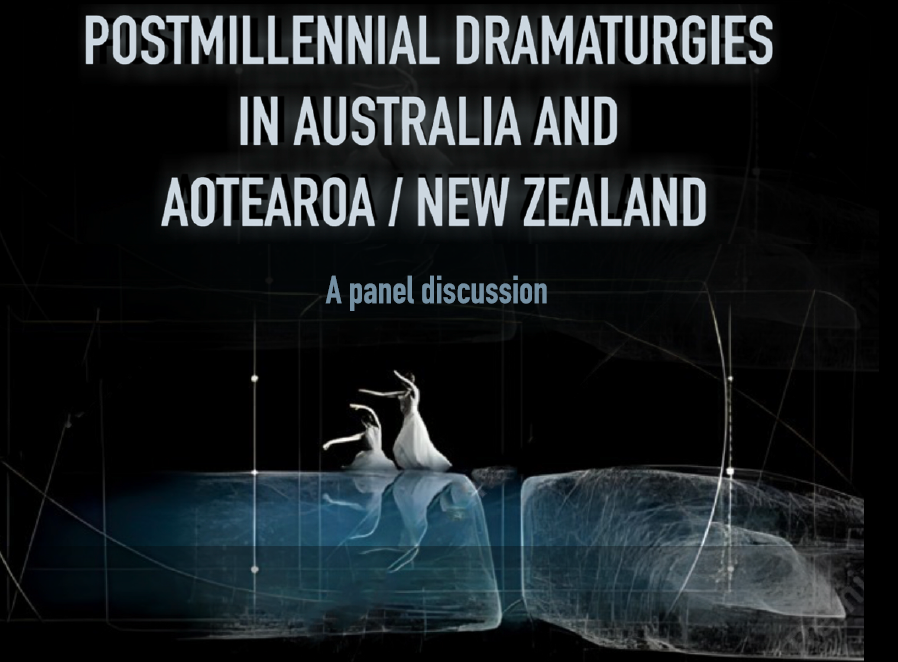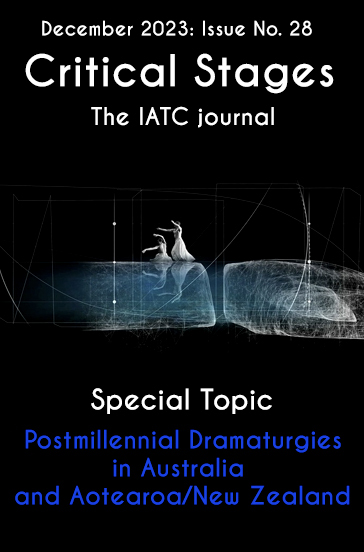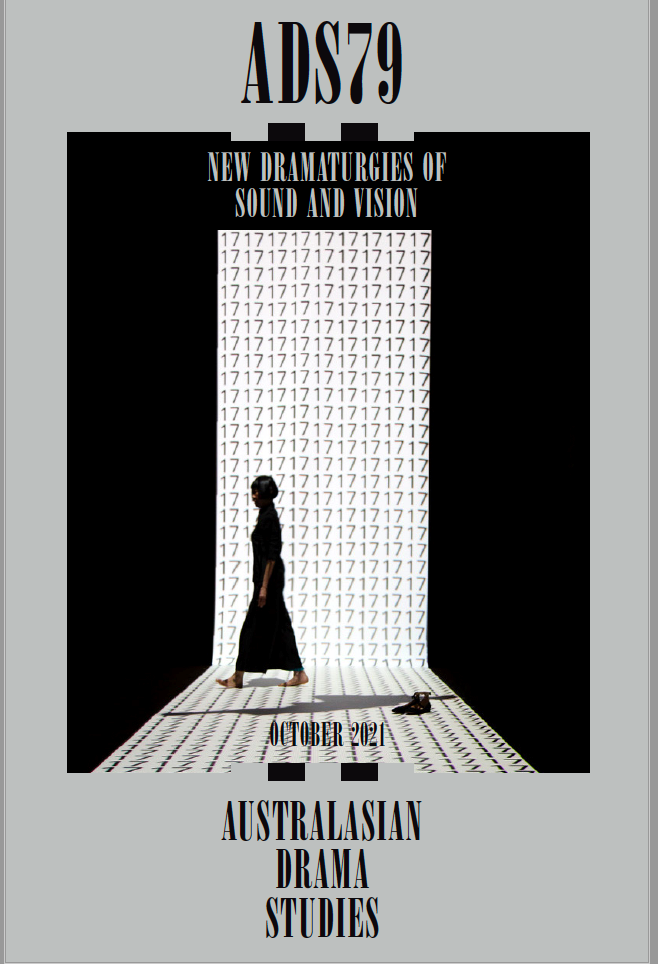DEADLINE EXTENDED
Research in Drama Education: The Journal of Applied Theatre and Performance Themed Issue 31,1 (Publication Feb 2026) Call for Proposals
"Walking as applied critical practices: methodologies, pedagogies and performances"
Editorial Team: Dee Heddon, Stephanie Springgay, Harry Wilson
The dynamic relationships between walking, performance and performativity are long-standing, from psychogeographical drifts, which trace capitalism’s appropriations and productions of place, to protest marches which re-claim the streets as a demonstration of power, from ceremonial walks as memorialisations of place, to (mis)guided tours which rewrite partial histories, from attentive walking as ways to know and feel differently, to technologically-enabled walking performances that take the city as their stage. Walking as a mobile method of applied critical practice - with bodies located in and moving through space – offers a plurality of ways to explore, feel, attend, make, enact, connect, contest and demand. Walking is often simultaneously method (a process of rigorous investigation), pedagogy (a mode of engaged learning), and practice (a way of doing and sharing).
For many, COVID-19 and its attendant restrictions focused a spotlight on walking. For some, it became permitted and encouraged as daily exercise or a safe way to travel, while for others, it became out of reach because of policing or total lock downs. Walking was experienced as liberating, boring, necessary, scary, a lifesaver, and forbidden (Rose, Heddon, Law et al., 2022). Practitioners and teachers of drama and performance engaged with walking, some for the first time, as a means to continue their work, finding innovative ways to offer continued access to social, cultural and learning experiences. However, barriers to walking – time, access, confidence, safety – were amplified, including the affordances given to different bodies that walk in different places. Inequalities in the Global North and South were also magnified during this time, including people’s access to walking. This themed edition on walking as a critical applied practice takes its cue from the multiple ways in which walking was oriented during COVID-19, to consider how walking can be harnessed as creative, critical and pedagogical resource in an ongoing/’post’-pandemic world.
We invite submissions which engage with the diversity of walking as methodology, pedagogy and performance, attentive not just to walking’s potential as a critical applied practice, but also its current exclusions and barriers:
-
Walking work in and beyond COVID-19
-
Walking as a creative and investigative practice (Stenna and Marland, 2020, p. 1) – embodied, located, somatic, and affective – and mobile research method (O’Neill and Roberts, 2020)
-
‘Walking-with’ as a form of solidarity, unlearning, and critical engagement and a mode of ‘politics-in-movement' (Springgay and Truman, 2019, p. 12)
-
Walking as protest, resistance and intervention
-
Walking and transformation
-
Walking and relationality
-
Walking, health and wellbeing
-
Walking and pedestrian in/equity (Heddon, Qualmann, Rose et al., forthcoming)
-
Walking and presumptions of democracy (Arora, 2019, p. 173)
-
Walking and the ‘postcolonial body/site dialectic’ (Murali, 2017, p. 86)
-
Walking and decolonization
-
Solitary and/or group walking practices
-
Walking as a socially engaged practice
-
Virtual walking, remote walking, proxy walking and surrogate walking
-
Walking facilitated by/with digital technologies
Submission Instructions
We welcome research articles (c.6,000) and other forms of contributions such as interviews, provocations, practitioner statements and case studies (c.1,500) as well as creative contributions, such as photo essays, walking scores, or online outputs (10-15 minutes).
Online outputs could include peripatetic conversations between researchers or practitioners recorded on the move, clips of performances and/or workshops, and more. All submissions will be reviewed by two anonymous referees and by the editors.
Please send 300-word proposals for contributions, plus 100-word biographies for each contributor, to Deirdre.Heddon@glasgow.ac.uk
-
Deadline for proposals: 1 December 2023
-
Deadline for first full draft: 1 Sept 2024
-
Deadline for final submission: end Sept 2025
Editorial Biographies
Professor Dee Heddon holds the James Arnott Chair in Drama at the University of Glasgow and has practiced and published widely on walking as a creative practice. In 2012, she co-founded with Misha Myers, the ongoing creative-research project, The Walking Library. She is currently completing an AHRC-funded project, Walking Publics/Walking Arts: Walking, Wellbeing and Community during COVID-19, a collaboration with Maggie O’Neill, Morag Rose, Clare Qualmann, and Harry Wilson.
Professor Stephanie Springgay is Director of the School of the Arts (SOTA), at McMaster University, Canada. She is a leading scholar of research-creation with a focus on walking, affect, queer theory, and contemporary art as pedagogy. She runs WalkingLab, an SSHRC-funded international research-creation project with a goal to create a collaborative network and partnership between artists, arts organizations, activists, scholars and educators interested in walking, movement, and sensory knowledge. Springgay’s other funded project is The Pedagogical Impulse. She is the author, with Sarah E. Truman, of Walking Methodologies in a More-than-Human World: WalkingLab (2019).
Dr Harry Wilson is an Early Career Researcher in Digital Theatre at the University of Bristol. His research focuses on interdisciplinary explorations of live art and performance, photography, documentation, digital art and new media and he has recently been exploring intersections between immersive technologies and intimate performance, including virtual and remote walks.
References
- Arora, Swati, “Walking at Midnight: Women and Danger on Delhi’s Streets”, Journal of Public Pedagogies, Number 4, 2019.
-
Heddon, Dee, Clare Qualmann, Morag Rose et al., “Just Walking: creative methods towards pedestrian equity”, in Coping Creatively, eds. Victoria Tischler and Karen Gray, Manchester: Manchester University Press (forthcoming).
-
Murali, Sharanya, “A Manifesto to Decolonise Walking”, Performance Research, 22:3, 2017.
-
O’Neill, Maggie and Brian Roberts, Walking Methods: Research on the Move, London: Routledge, 2020.
-
Rose, Morag, Dee Heddon, Matthew Law et al., #WalkCreate: Understanding Walking and Creativity During COVID-19. Walking Publics/Walking Arts Public Report (2022).
-
Springgay, Stephanie and Sarah E. Truman, Walking Methodologies in a More-than-Human World: WalkingLab, London: Routledge, 2019.
-
Stenning, Anna and Pippa Marland, “Introduction”, in Walking, Landscape and Environment, eds. David Borthwick, Pippa Marland and Anna Stenning, London: Routledge, 2019.
Professor Deirdre Heddon, PhD, FRSE
James Arnott Chair in Drama & Head of Theatre Studies
University of Glasgow
https://www.gla.ac.uk/schools/cca/staff/deirdreheddon/
PI Walking Publics/Walking Art: Walking, Wellbeing & Community During COVID-19
CoI, newLEAF
|








